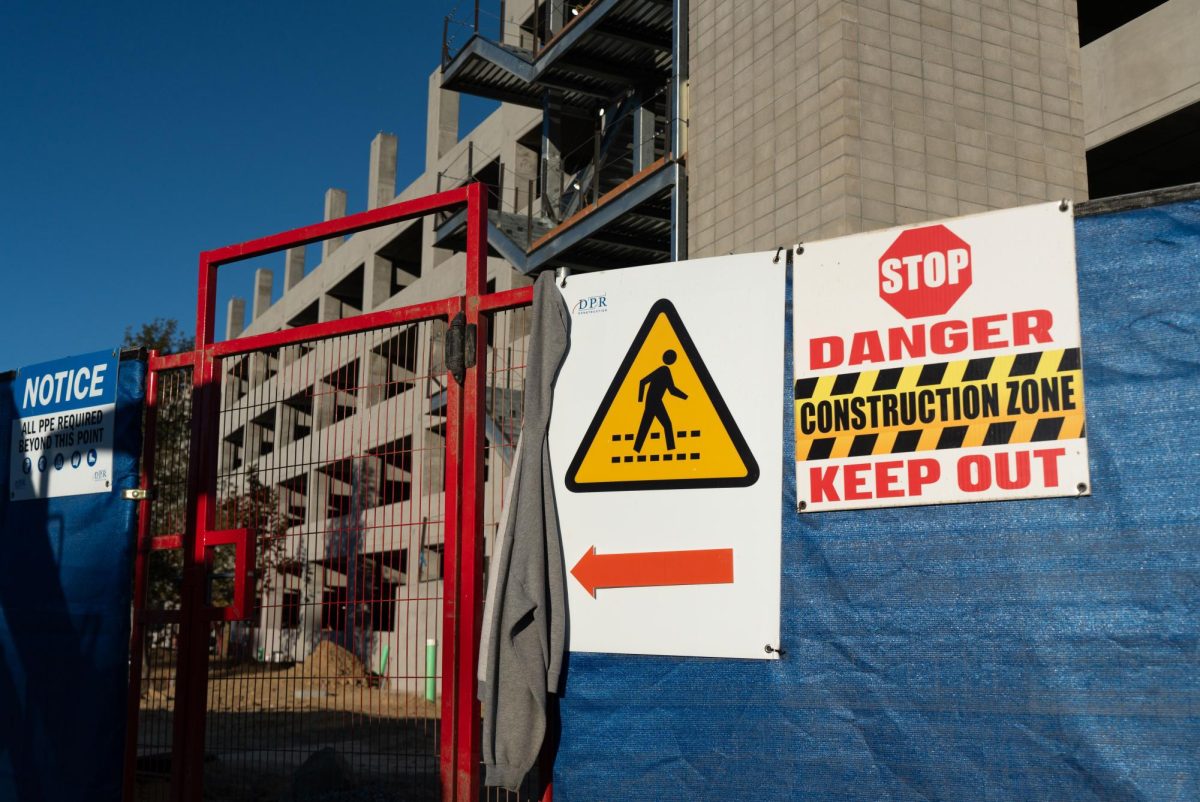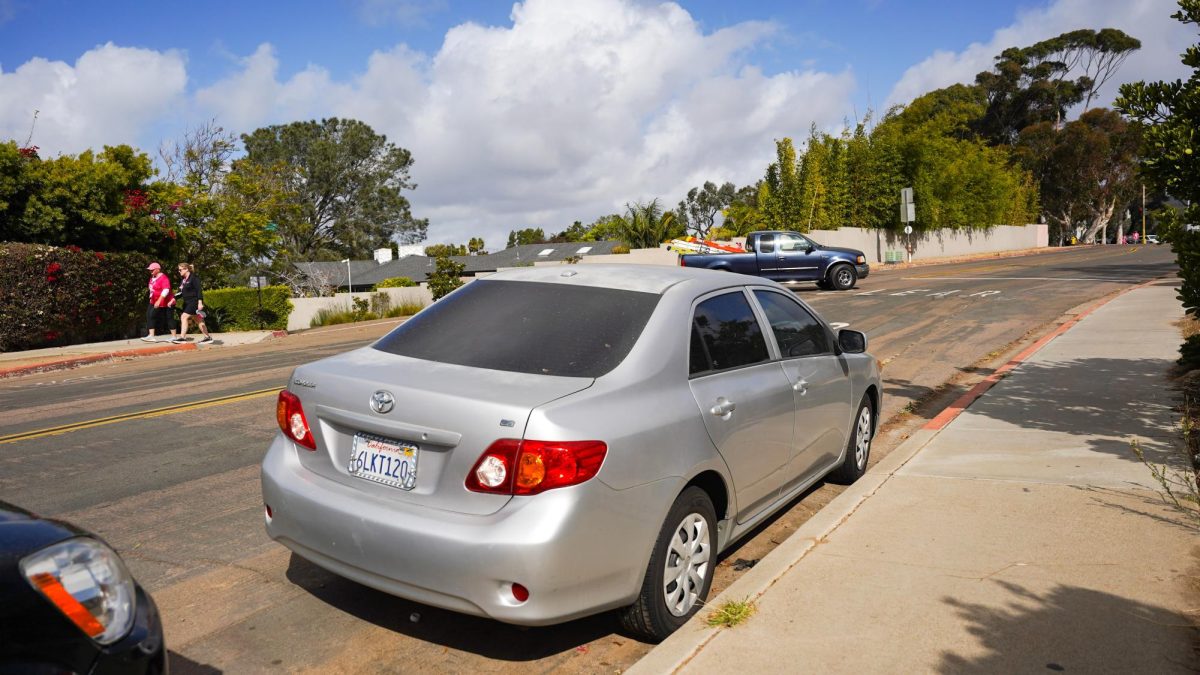The UC Berkeley Office for the Prevention of Harassment and Discrimination released information regarding 11 sexual harassment investigations on April 6. With the release of this report, there are currently a total of 19 UC Berkeley campus employees known to have violated UC sexual harassment policies over the past seven years.
Of the 11 respondents investigated by the University of California, three resigned, four had their contracts terminated and four received punishment in severity varying from suspension to a letter of warning. None of the faculty members found in violation of the policies were fired.
UC Berkeley Assistant Vice Chancellor Dan Mogulof told the Daily Californian that the university recognizes the issue at hand and the task required.
“There are obviously things that campus leadership was aware of, and [it’s] part of the reason we’ve announced all the things we’ve announced and acknowledged very explicitly that we’ve got work to do,” Mogulof said.
Most recently, UC Berkeley graduate students Kathleen Gutierrez and Erin Bennet decided to take legal action against assistant professor Blake Wentworth on April 12 due to the university’s “deliberate indifference.” Although university inspections concluded that Wentworth had violated harassment policies in October, he was not subject to disciplinary action and remains employed at UC Berkeley.
Gutierrez told The Guardian that the experiences have been distressing.
“It was so disturbing to me to know that was happening in my workplace, that he made such an assertive come-on to me,” Gutierrez said. “I remember being very scared to think I might be alone with him.”
UCSD computer science graduate student Kristjan Jonsson commented on the report and stated that severe violations should involve legal intervention.
“I think for more serious cases, both the legal system and the university should handle it,” Jonsson told the UCSD Guardian. “Having both is better since the amount of evidence required in a legal court is quite high. That way, even if you didn’t have a strong enough legal case there might still be enough evidence for the university to consider it a violation and take action.”
The UC Board of Regents has to approve termination of a faculty member once it has been recommended by a faculty committee. UC President Napolitano created a joint committee in October to specifically review and oversee adjudication as well as sanctioning practices regarding sexual harassment and violence. The newly formed committee will oversee the entire investigation process dealing with sexual violations in the coming months.
Of the 11 respondents, UC Berkeley men’s basketball assistant coach Yann Hufnagel rebutted allegations against him with 900-plus text messages to prove his innocence. The evidence revealed that the interaction between Hufnagel and the complainant was mutually flirtatious. Hufnagel resigned before the review was released.
April is Sexual Assault Awareness Month at both UC Berkeley and UCSD, where the respective institutions seek to raise awareness and educate their communities on how to prevent sexual violence. Warren College senior Danielle Tobey states that the outreach initiative at the Sexual Assault Resource Center is limited during most of the academic school year.
“SARC does a good job, although I don’t hear or see much about [sexual violence education] unless it’s sexual assault awareness month,” Tobey told the Guardian. “It’s less apparent compared to its partner organization CAPS.”
Jonsson reiterated Tobey’s statement by suggesting that SARC escalate its operations to prevent them from being overlooked.
“I haven’t really noticed any sexual harassment education on campus so there probably needs to be more of it,” Jonsson said.
Nancy Wahlig, Director of the Center for Advocacy, Resources and Education at SARC told the UCSD Guardian that they have been working on implementing CARE, which aims to ensure consistent services across all campuses. The President’s Task Force on Sexual Violence is supporting the new department by also increasing staffing.
Wahlig added that apart from their initiative during the Sexual Assault Awareness Month, SARC offers a variety of resources over the course of the year for students, staff and faculty while also cooperating with other organizations to increase awareness.
“We…frequently collaborate with campus partners on a variety of initiates,” Wahlig said. “With our staff and the involvement of our student peer education interns, we continue to expand our outreach efforts to make sure the campus community is aware of our services.”







